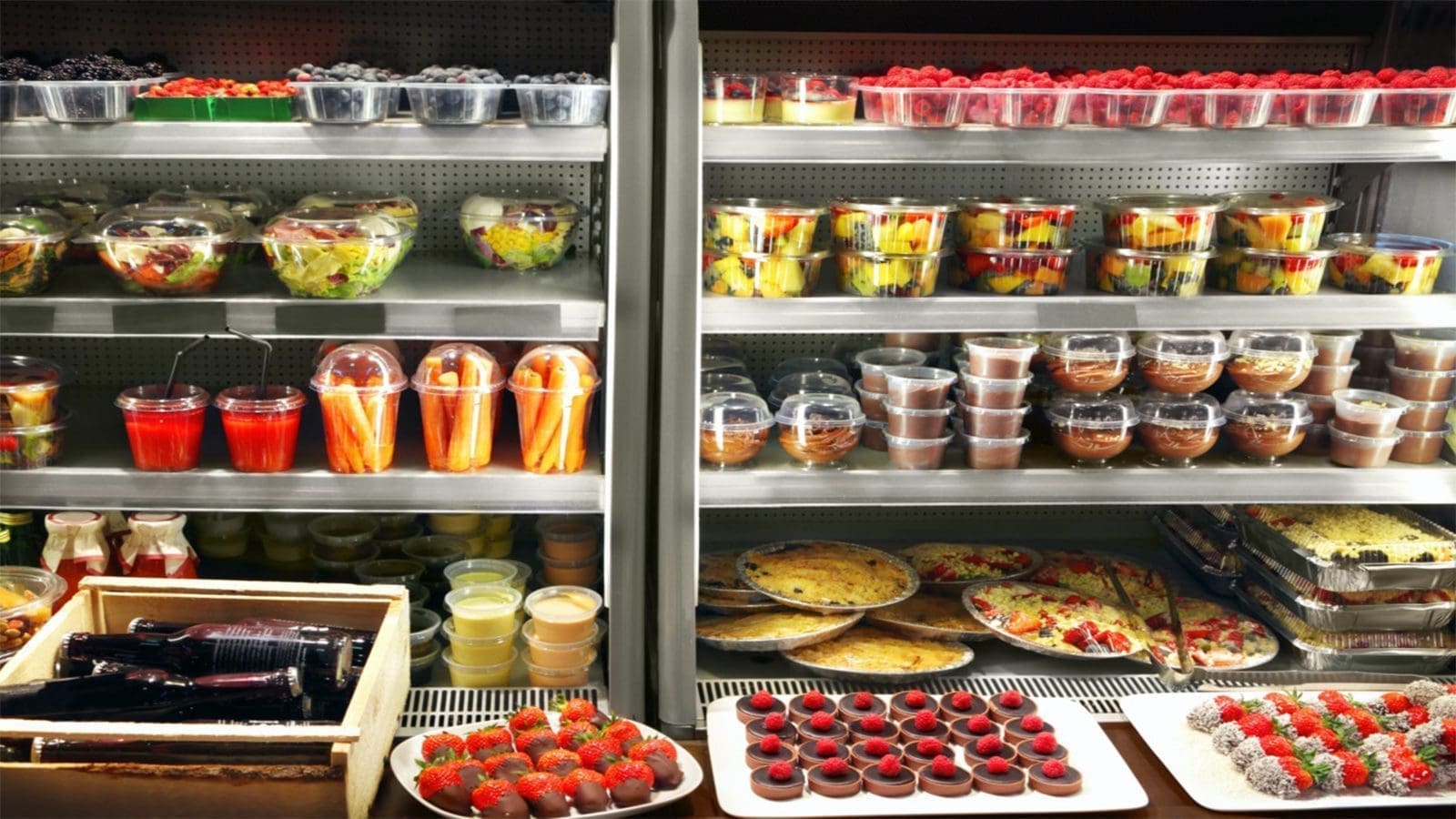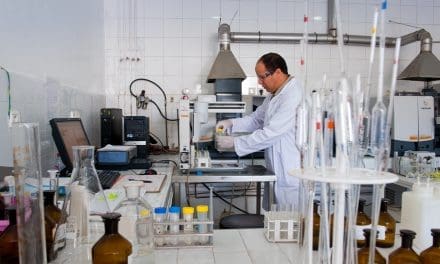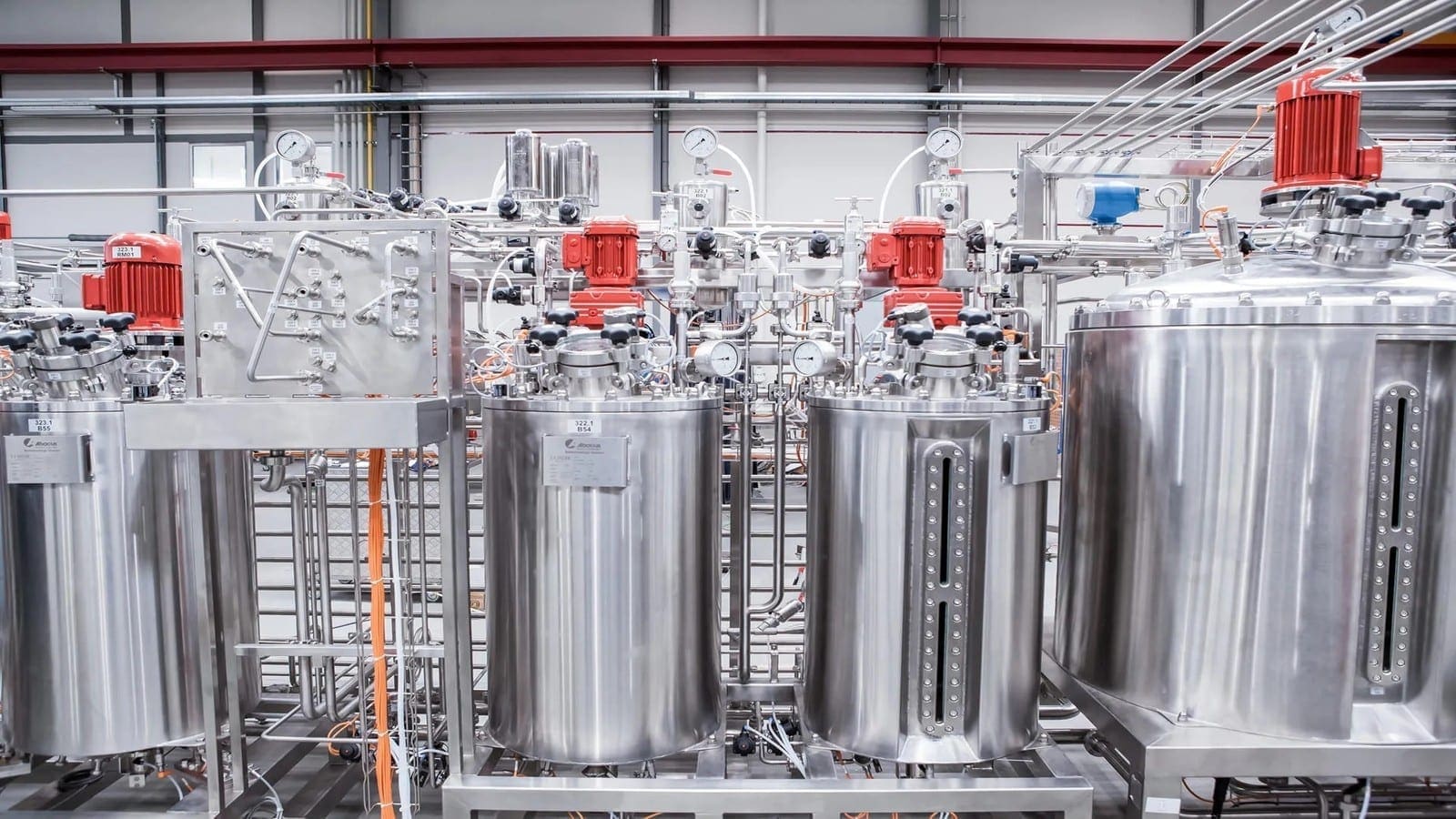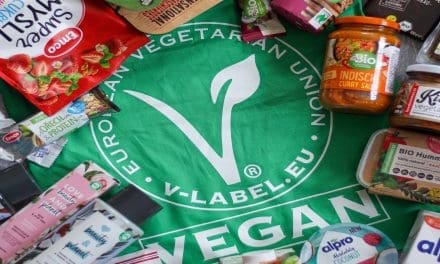AUSTRALIA – To include the new Standard 3.2.2A food safety management tools, Food Standards Australia New Zealand (FSANZ) has updated Safe Food Australia, a manual on Australian food safety requirements for local government and food enterprises.
Safe Food Australia is a guide to the four mandatory food safety standards: Standard 3.1.1 Interpretation and Application, Standard 3.2.2 Food Safety Practices and General Requirements, Standard 3.2.2A Food Safety Management Tools, and Standard 3.2.3 Food Premises and Equipment.
The new guideline was one of several projects created in collaboration with states and territories to enhance improved food safety in the foodservice and retail industries.
The criteria for training food handlers and supervisors, as well as the need to substantiate critical food safety controls, are significant revisions to the standard.
A food safety supervisor (FSS) must be a person who has obtained formal certification as an FSS within the past 5 years.
This is to ensure they have relevant and consistent skills and knowledge to handle food safely, particularly high-risk food. They must be able to recognize, prevent and fix food safety problems.
Businesses can choose how food handlers are trained – they may use free online food safety training programs (e.g. I’m Alert and DoFoodSafely are free and recognized by regulatory agencies), courses from vocational training providers, or training developed by the business or other food businesses where the employee worked previously.
Internal training may be tailored to suit the business’s own activities and procedures, but it must cover safe handling of food, understanding of food contamination, cleaning and sanitizing of food premises and equipment, and personal hygiene.
The evidence tool requirement requires businesses to maintain records or demonstrate through other suitable means to authorized officers that specific requirements in Standard 3.2.2 are being met. These requirements are for safely receiving, storing, processing, displaying, and transporting potentially hazardous food, and for cleaning and sanitizing.
Businesses will need to implement either two or three of these tools depending on their food-handling activities.
Standard 3.2.2A classifies businesses as category one or category two businesses. Category one businesses must implement all three management tools. Category two businesses must have a food safety supervisor and have staff trained in safe food handling.
Basically, these businesses handle food that is unpackaged, ready-to-eat, and potentially hazardous food, in the final stages before consumers will eat it.
These handling activities have inherently high food safety risks and have been linked to foodborne illness outbreaks in Australia and overseas.
Business categories defined
A category one business is a caterer or food service business that processes unpackaged potentially hazardous food into food that is both ready-to-eat and potentially hazardous food. The food is then served to a consumer for consumption.
Since the food is directly handled by category one businesses, it may be exposed to contamination by harmful microorganisms and other hazards before it is served.
Meanwhile, a category two business conducts the retail sale of potentially hazardous, ready-to-eat food, where the food was handled unpackaged by the business, but not made or processed on-site (other than the excluded activities of slicing, weighing, etc.).
However, the standard does not apply to food-handling activities for or during a fundraising event. A fundraising event is considered a one-off event and is defined as ‘an event that raises funds solely for a community or charitable cause and not for personal financial gain’.
This exemption has been included because fundraising events are often run by volunteers and are only run now and then.
It is considered impractical to require the food handlers to do a food safety training course, or for the organization to have a food safety supervisor or maintain records for these events.
However, organizations at fundraising events still have to ensure only safe and suitable food is sold and meets the requirements of Standards 3.2.2 and 3.2.3.
The amendments take effect on December 8, 2023, giving food businesses a year to implement them.
Australian federal, state, and territory governments continue to take a joint approach to improve food safety standards across the nation, in cooperation with food businesses, which are encouraged to contact local enforcement authorities for further information about compliance with the new food safety standards.
For all the latest food safety news from Africa and the World, subscribe to our NEWSLETTER, follow us on Twitter and LinkedIn, like us on Facebook and subscribe to our YouTube channel.








